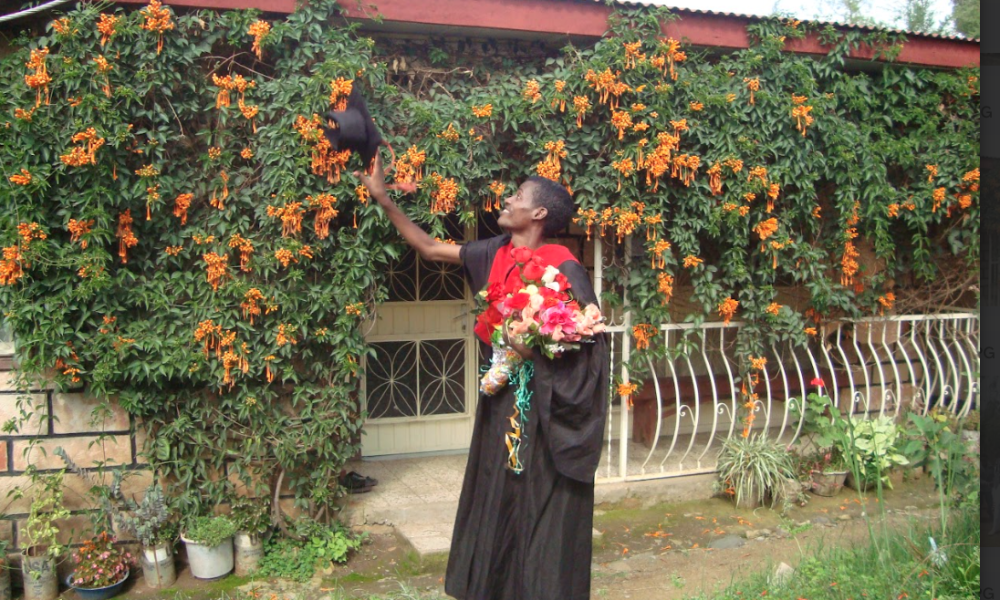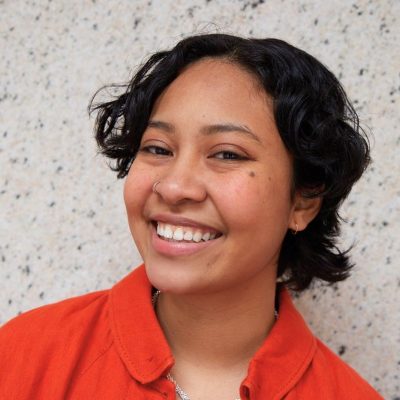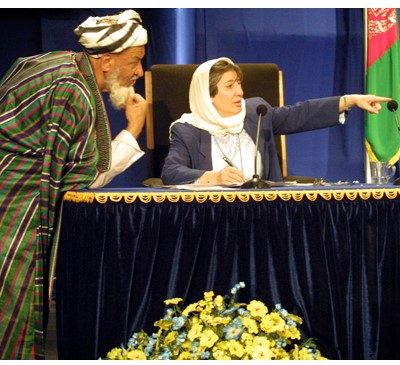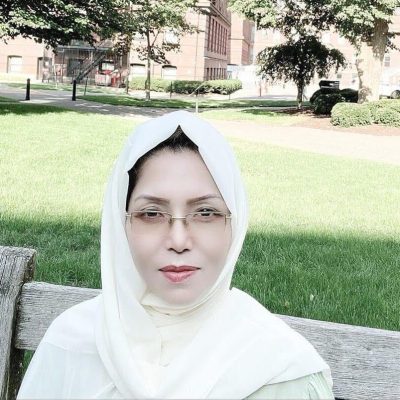Resilience and hope: Beekan Erena’s life advocating for the Oromo people
“Growing up as an Oromo person in Ethiopia has been a testament to resilience and an unwavering commitment to my identity and dreams.” This thought is shared by many Oromo people but especially by Beekan Erena, an Oromo advocate. The Oromo people have been oppressed for decades despite being the largest ethnic group in Ethiopia. Oromo land has been seized at times by the Ethiopian state and dominant ethnic groups. This led to widespread displacement of the Oromo people and conflicts over land rights. The Oromo language, Afaan Oromo, has also faced suppression, limiting opportunities for Oromo people. One of these limited opportunities is schooling. Due to the language barrier and prejudice that Oromo students face, it is difficult for them to get their education.
Beekan Erena told me that he has personally been a victim of this oppression. But he works endlessly to fight it through writing and teaching. He currently is living in the United States pursuing a graduate certificate of Learning Design and Technology with the goal of becoming an expert in technology and digital skills, focussing mainly on online teaching and iCLOUD technologies. At Harvard, he is working as a Pathways Assistant where he manages inquiries of graduates, alumni, and employers. He also provides support to staff members and deals with issues on Salesforce and Hub. When he is not doing either of those, he does literary writing.
But before living in the United States and working at Harvard, he grew up in Nunu Kumba, a small village in Oromia. He had a joyous childhood despite the limited access to modern amenities and fearing the presence of the government and their security forces. But he was determined to rise above these challenges which only “fueled [his] determination to succeed. Education became the beacon of hope, offering a way out of the cycle of poverty and discrimination.”
He went on to attend prestigious universities in both Jimma and Addis Abada. His university life “ushered in a series of cultural adaptations and challenges” due to the change from a small, familiar village to an environment crowded with over 20,000 students from different ethnic groups. Despite this, he formed lifelong friendships while remaining true to his Oromo identity. Afterwards he became a university teacher in order to “empower other Oromo [students] through education.” This also proved to be difficult due to security forces trying to silence his voice, but he continued to teach in the Oromo language and to preserve their culture and heritage.
Beekan began to advocate for the Oromo people through literature. In March 2012, he published a book titled “GIIMII”. This book was a collection of narratives that used farm animals to represent the harsh realities faced by Oromo people. His effort to advocate did not go unnoticed by the Ethiopian government, and in April 2012, he was abducted by Ethiopian authorities and taken to a secluded office near Ambo University. Here he was subjected to interrogation in order to extract information about his literary works. Despite this, he remained determined to “be the voice of the voiceless Oromo population.”
His advocacy started to get attention, but not in a good way. His works were censored by the government and a few even got banned. The Ethiopian government went even further to silence Beekan through physical and psychological torture and constant threats. Due to the government’s relentless interference in his studies, Beekan was terminated from his positions and had to abruptly end his doctoral studies. In 2015, Beekan came to the conclusion that there was no future for him in Ethiopia.
During this time, Beekan received information from a friend studying at Harvard, which led him to discover the Scholars at Risk program, a fellowship that allows scholars facing persecution to continue their studies in a safe environment. After many interviews, he got accepted into the program with the guidance of the program’s director, Jane Unrue.
When he arrived in the United States, he was greeted with “warmth and genuine hospitality” from the team at Scholars at Risk and the community at Harvard. His goal while in this program was to continue to advocate for the Oromo people at a larger level. He wanted to achieve this by preserving the Oromo culture and language from marginalization, which he was able to do by teaching it through the Harvard University League. He also continued his research by being a visiting scholar, carrying out his own work in association with a faculty member. Beekan’s research revolves around the struggles of Oromo students who fought for justice despite the violence the Ethiopian government inflicted upon them.
Beekan shares that the program has played a “paramount role” in his life. He was able to do his studies safely without the constant fear that he had while in Ethiopia. He also enjoyed that he was able to meet people of diverse backgrounds and participate in academic discussions. Despite the sense of safety the program gave him, he always carried the weight of fearing for his family, friends, and the entire Oromo community. But he took comfort in the fact that he was in a better position to advocate for the Oromo people.
After Beekan finished the Scholars at Risk program, he applied and was accepted into the Global Inclusion & Social Development Ph.D. program at UMass Boston in 2017. He was unable to attend for financial reasons and the need to support his family, and opted instead to work while pursuing graduate certificates in technology at Harvard. He is still optimistic and believes the graduate certificate courses “serve as a valuable stepping stone towards my future pursuit of a doctorate in Educational Technology.” When he is not pursuing a graduate degree, he works on literary writing.
Beekan shared that he has not returned to Ethiopia since becoming a research fellow. This is due to the threats he faces on social media, where he advocates for the Oromo community on a larger scale. After all of the work that Beekan has done and continues to do, he hopes that it changes the world, especially the relationship between Ethiopia and the Oromo people, for the better. He also hopes that his work inspires others to take action and fight for justice and equality.
In the future, Beekan hopes to create an online digital teaching platform. On it he could reach millions, making quality education available to all. He also wants to motivate generations by drawing inspiration from biblical scriptures. Similarly, he wants to provide guidance that aids people coping with stress, depression, and anxiety, while simultaneously preparing them for spiritual enlightenment.
Beeken is just one of the many Oromo people who faced oppression by the Ethiopian government. But in recent years the Oromo community has begun to protest for recognition of their rights and redress of historical grievances. This led to the appointment of an Oromo Prime Minister, Abiy Ahmed, in 2018. He aimed to make the government more inclusive and address historical injuries the Oromo people faced.
Even with all of the improvements in how the Oromo people are treated, they still face challenges over land disputes and political and cultural representation. But people like Beekan are working to someday change this relationship between the Oromo community and the Ethiopian government. Despite this relationship being long and difficult to understand, Beekan says, “In understanding the complexities of this connection, young dreamers and future leaders can draw inspiration from the resilience and unwavering determination of the Oromo people, using their experiences as a foundation for advocating for justice, equality, and positive change in the world.”
This article is part of a collaboration between Teens in Print and Consequence Forum to highlight the effects of war on people. For more stories like this, visit: Consequence Forum.










